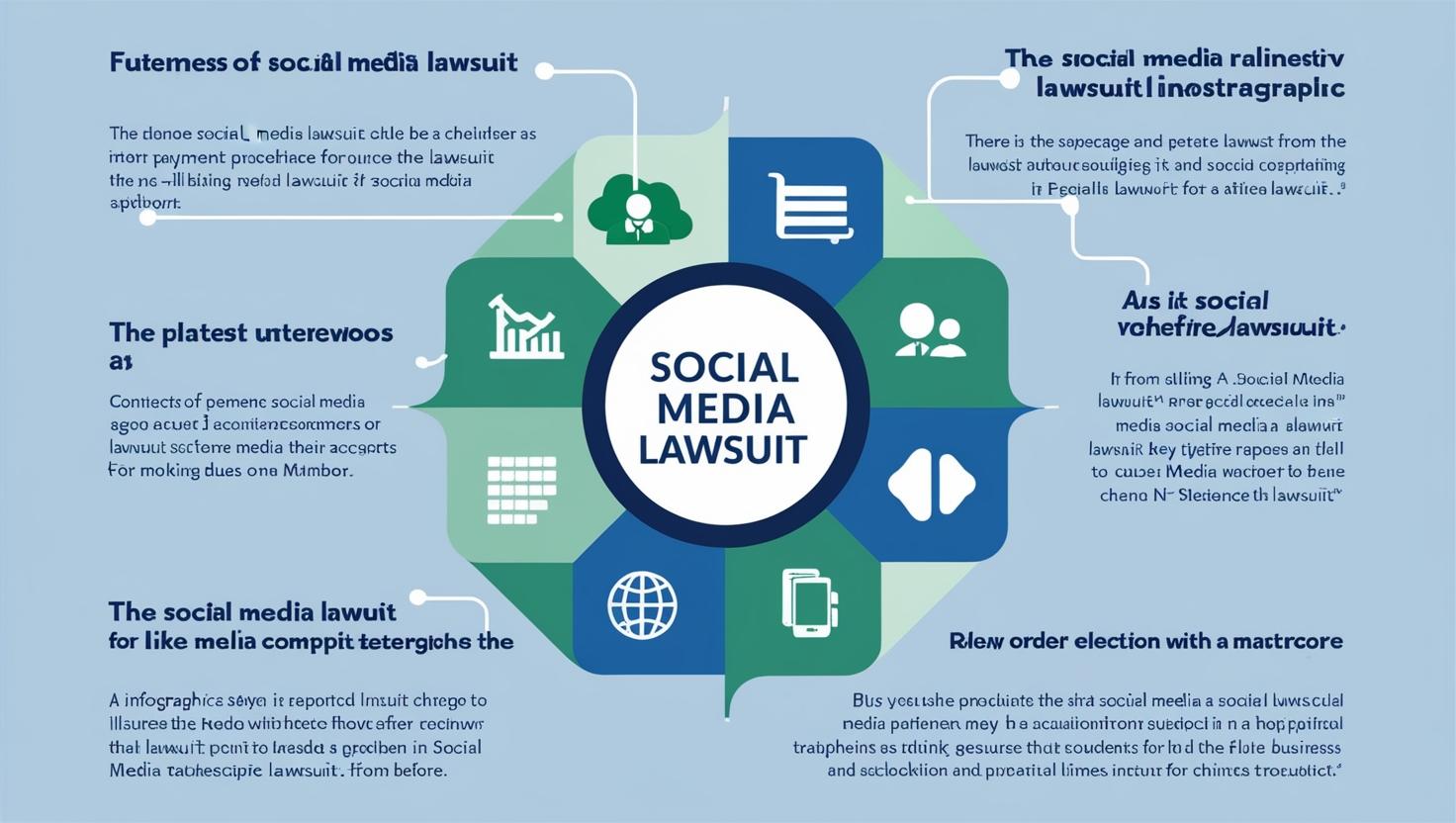The digital marketing sector has been stirred by a major lawsuit involving Drive Social Media, a well-known agency accused of deceptive business practices and contract violations. This case has ignited conversations about ethical standards, transparency, and accountability within the industry.
About Drive Social Media
Drive Social Media gained recognition as a key player in digital marketing, providing services to help businesses strengthen their online presence and engagement. Their clientele ranged from small businesses to major corporations, all seeking to leverage digital strategies for growth.
Allegations Against Drive Social Media
The lawsuit against Drive Social Media includes several serious claims:
- Misleading Marketing Tactics – Clients accuse the agency of making exaggerated promises about expected returns, painting an unrealistic picture of what their services could achieve.
- Contract Violations – Some clients allege that Drive Social Media did not meet its contractual obligations, failing to deliver the agreed-upon services or meet promised performance goals.
- Lack of Transparency – Complaints suggest the agency did not provide clear or honest communication regarding campaign performance, budget use, and strategic decisions, leaving clients uninformed about their marketing investments.
Legal Considerations for Digital Marketing Firms
This lawsuit highlights several legal concerns that agencies must address:
- Clear Contract Terms – Agencies must ensure that contracts clearly define services, timelines, and performance expectations to prevent disputes.
- Compliance with Advertising Regulations – Ethical advertising is essential, as misleading claims can result in legal trouble and reputational damage.
- Consumer Protection Laws – Agencies must operate within legal guidelines to protect clients from deceptive practices.
Industry-Wide Impact
The case against Drive Social Media has had a ripple effect across the digital marketing landscape:
- Greater Scrutiny – Clients and regulators are taking a closer look at agency practices, prompting many firms to reassess their operations.
- Potential for Stricter Regulations – The outcome of this case may lead to tighter rules governing digital marketing.
- Improved Client-Agency Relations – Agencies are placing more emphasis on transparency and communication to build stronger client relationships.
Key Takeaways for Businesses Seeking Marketing Services
Companies looking to hire digital marketing agencies can learn important lessons from this case:
- Do Thorough Research – Before selecting an agency, businesses should review its reputation, client feedback, and past results.
- Define Clear Contract Terms – Establishing precise agreements regarding services, deadlines, and expected outcomes can help avoid conflicts.
- Demand Transparency – Clients should expect open communication, including regular updates on campaign performance and budget allocation.
Moving Forward: The Importance of Ethics in Digital Marketing
The Drive Social Media case serves as a reminder that ethical conduct is crucial in digital marketing:
- Commitment to Transparency – Agencies should provide honest insights into campaign strategies and realistic outcomes.
- Integrity and Accountability – Upholding ethical values fosters trust and long-term business success.
- Continuous Industry Improvement – The sector must adapt and improve ethical standards to meet evolving challenges while prioritizing client satisfaction.
By learning from this case, both marketing agencies and businesses can work toward a more transparent, trustworthy, and effective digital marketing environment.










